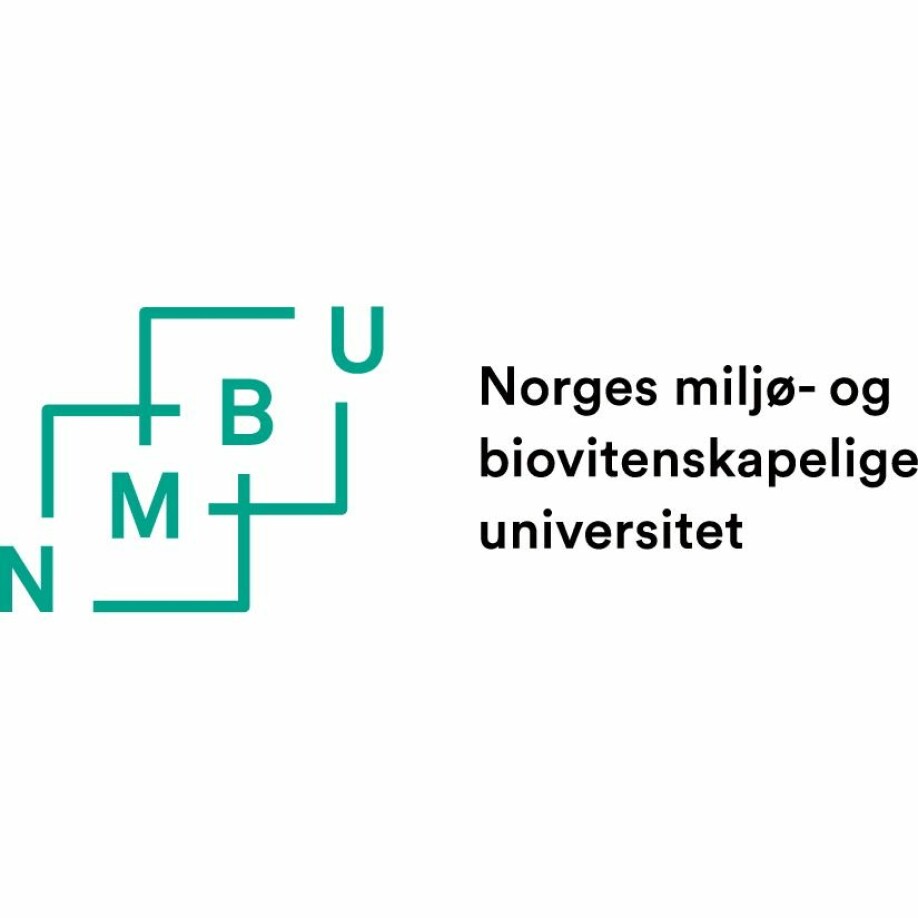Stilling:
Postdoctoral fellow within Organic Analytical Chemistry
Application deadline: Feb. 15th, 2019

About the position
The Faculty for Chemistry, Biotechnology and Food Science (KBM) at the Norwegian University of Life Sciences (NMBU) is advertising a two year position as a postdoctoral research fellow in organic analytical chemistry.
The successful candidate will be associated with the Research Council of Norway (RCN) funded project: Novel organic pollutants from recycling of organic waste as risk factors for human exposure (NovelPol - RCN: 268214)
The project is dealing with characterization, identification and quantification of novel or yet unidentified organic pollutants in bio-waste applied as soil amendment or fertilizers. In addition to non-target analysis and target suspect screening, determining and evaluating the fate of novel organic contaminants in soils and agricultural plants will be a major task in this Postdoc.
The candidate will join an international expert network with access to highly advanced trace analytical technologies (LC-qToF, LC-QqQ, GCxGC-ToF, GC-qToF for quantification and identification). The project is carried out in a close cooperation between KBM and the Faculty of Environmental Sciences and Natural Resource Management (MINA).
Main tasks
- Develop and support the development of multi-component organic-analytical methods for the quantitative determination of residues of the above mentioned contaminant groups by actively using advanced high resolution chromatographic methods.
- Plant growth experiments under controlled conditions to assess the fate of organic contaminants in agricultural systems. I
- Contribution to ongoing environmental toxicology studies.
The candidate will apply modern method evaluation strategies in organic trace analysis and comprehensive statistical method for interpretation of complex chemical and exposure data. The evaluated methods will be applied to selected bio wastes generated from biogas production and other affected environmental samples for the identification and quantification of target chemicals as well as potential by-/ transformation products.
Academic Qualifications
The main purpose of a post-doctoral position is to qualify for work in high-level scientific positions. A PhD degree or equivalent qualification is required for this position.
Required academic qualifications
- Experience in quantitative trace analysis of organic pollutants in the environment.
- Basic knowledge on soils and plants
- Adequate knowledge/ expertise on modern multi-component trace analytical technologies such as high-resolution chromatography (GC &HPLC) in combination with mass selective detection.
- Knowledge on method development and validation of multi-compound trace analytical methods according to standard quality control (QC) requirements in environmental and analytical chemistry.
- Knowledge on handling and interpretation of relevant software for qualitative and quantitative data handling
Desired academic qualifications
- Experience with use of organic residues in agriculture
- Experience in planning and conducting greenhouse and/or laboratory-experiments for environmental assessments of organic pollutants.
- Scripting and Visual Basic as well as associated statistics/ Chemometry.
- Practical experience with GC/LC instrument maintenance and hardware adjustments.
Required personal skills
- Team-oriented working attitude
- Ability to actively contribute to the scientific progress of an internationally oriented research environment.
- Proficiency in Norwegian and English, both written and spoken.
NMBU is especially encouraging women to apply for higher academic positions. Therefore, in cases of equal scientific qualifications, female applicants will be preferred for the announced position.
Remuneration and information
The position is placed in government pay scale position code 1352 Postdoctoral Fellow, wage framework 24, salary grade 59-74 (NOK 515 200 - 682 200), depending on qualifications. Seniority promotion in position.
For further information, please contact Dr. Roland Kallenborn (Prof. Organic Analytical Chemistry), E-mail: roland.kallenborn@nmbu.no; phone +47 67 23 24 97.
Application
To apply online for this vacancy, please click on the 'Apply for this job' button above.
This will route you to the University's Web Recruitment System, where you will need to register an account (if you have not already) and log in before completing the online application form.
Application deadline: Feb. 15th, 2019
Up to ten publications selected by the applicant as most relevant must be attached to the application. If it is difficult to identify the contribution of the applicant in multiple-author publications, a short explanation about the applicant’s part of the work is suggested.
Printed material which cannot be sent electronically should be sent by surface mail to Norwegian University of Life Sciences, Faculty for Chemistry, Biotechnology and Food Sciences (KBM), P.O. Box 5003, NO-1432 Ås, within Feb 15th 2019. Please quote reference number 18/06818.






